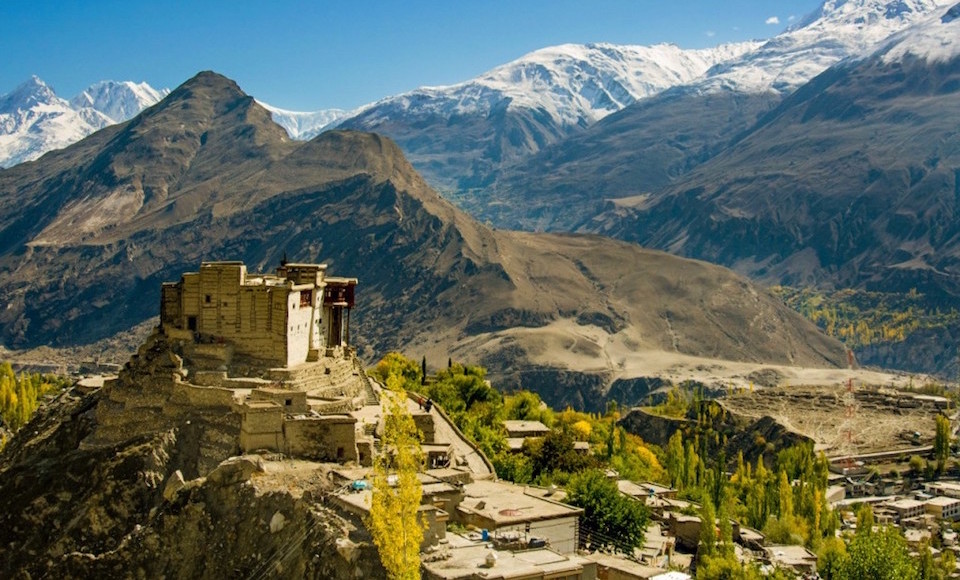A trip to Pakistan is the adventure of a lifetime. Picture navigating the breathtakingly grand Karakoram Highway, or watching an ox race in Lahore, or visiting the mud volcano in Hingol National Park, or exploring the Buddhist ruins of Takht-i-Bahi…
Unfortunately, most Westerners picture a different side of Pakistan. Decades of political instability have kept the country off the radar for all but the most intrepid adventurers, leaving its abundant natural riches and historical treasures sadly undiscovered.
While it’s always important to keep safety in mind, we believe wanderlust should win over fearmongering. Take appropriate cautions while visiting Pakistan and you should find nothing but majestic scenery and warm hospitality waiting. Here are the laws and social customs to know before you go.
Intoxicants
The consumption of alcohol is illegal for Pakistanis and forbidden by Islamic law. Though it is available to tourists, you’ll only find it in major hotels and it must be consumed on the premises. Drugs are illegal and possession of even small amounts of “soft” substances for recreational use can result in heavy fines, long jail sentences, or deportation. Some offences, like drug trafficking, are even punishable by the death penalty.
Other Legal Matters
Pakistan is not the place to test law enforcement policies. Along with the above laws about alcohol and narcotics, a variety of other offences – some of which may seem inconsequential to an outsider – face serious repercussions if charges are pressed. Importing pork products is illegal, as is homosexuality and co-habitation by an unmarried couple. The death penalty can and has been imposed for crimes including blasphemy, murder, rape, and unlawful assembly.
Religion
Faith is woven deep into the fabric of life in Pakistan. When visiting you are expected to respect Islam and its customs. If travelling during Ramadan, when Muslims fast from dawn to dusk, it is considered highly disrespectful to be seen eating, drinking, or smoking publicly during the fasting period. Do no speak about the Islamic religion in an insulting manner (even slight criticism or humour may cause offence). In general, it’s best to avoid discussion politics and religion with Pakistanis unless you have established a strong friendship.
Dress
Dress modestly, particularly when visiting holy sites. Pakistanis favour loose, comfortable clothing that covers the body. Men should cover their arms and shoulders, and wear trousers rather than shorts. Conservative, dark-coloured suits are preferred in business settings, though more casual attire may be appropriate in certain industries or more Westernized areas.
Gender Relations
Public displays of affection are strictly no-go in Pakistan – that goes for both married and unmarried couples, and even for gestures as innocent as handholding. It is customary for women to be escorted by men when out in public. They are expected to keep keep some distance between each other and eye contact between the sexes should not be prolonged. Male friends, on the other hand, often walk holding hands or with their arms around each other.
Socialising
Pakistani people are known for their hospitality. English is extensively spoken in major cities, and visitors may find themselves invited over for dinner or tea. If you are invited to someone’s home, bring a small gift to show your gratitude and remove your shoes before entering. Flowers, chocolates, or a trinket from your home country are acceptable offerings; alcohol is not. In more conservative families, men and women may not socialise or dine together, and only people of the same gender will greet each other. Do not shake a woman’s hand unless she offers it first. It’s considered good manners to make polite enquiries about friends and family when greeting someone, but avoid asking a man about his wife, which may be viewed as intrusive and improper.
Body Language
Pakistanis are generally not as concerned with personal space as Westerners. They tend to stand closer together and be more tactile with each other during conversations between the same sex. Gesture, touch people, or offer items using the right hand or both hands together – the left is used for for cleaning purposes according to Islamic principles, and as such should not be used for waving, eating, or offering items. Beckoning should be performed with the palm of the hand facing the ground and using all fingers; to use a single finger is considered extremely rude. Pointing and gesturing should also be done with the whole hand or palm.
Pushing the nail on your thumb against your front teeth and flicking it is an offensive gesture. It is impolite to maintain intense eye contact while speaking with someone, as doing so is seen as arrogant or seeking validation. Lowering one’s gaze is respectful and shows that one is not yearning for attention. Winking has sexual connotations and should be avoided altogether.
Safety
When in doubt if your behaviour is risky, common sense should come into play. Avoid taking photographs of airports, military and government buildings or installations, and anything else that might be considered sensitive. Protests and demonstrations sometimes turn violent and are best avoided. Steer clear of military convoys and facilities that are potential targets for attacks. Beware of venturing into unstable tribal regions. Keep an eye on important documents and valuables. Be on the alert for pickpockets and credit card fraud.
Dining
Most Pakistanis do not use utensils while eating, although more Westernized families may have them. Instead, you will pass dishes, serve, and eat with your right hand (and only your right hand). Your left only should be used to hold the plate or assist the right hand in serving food. Any guests at the table are traditionally served first, followed by the oldest people, then down the line in approximate age order until the youngest in served. Do not start eating until the eldest person at the table begins. Expect a Pakistani host to offer additional helpings of food to a guest as a gesture of hospitality. It’s more polite – and much easier – to accept.
Karakoram Highway
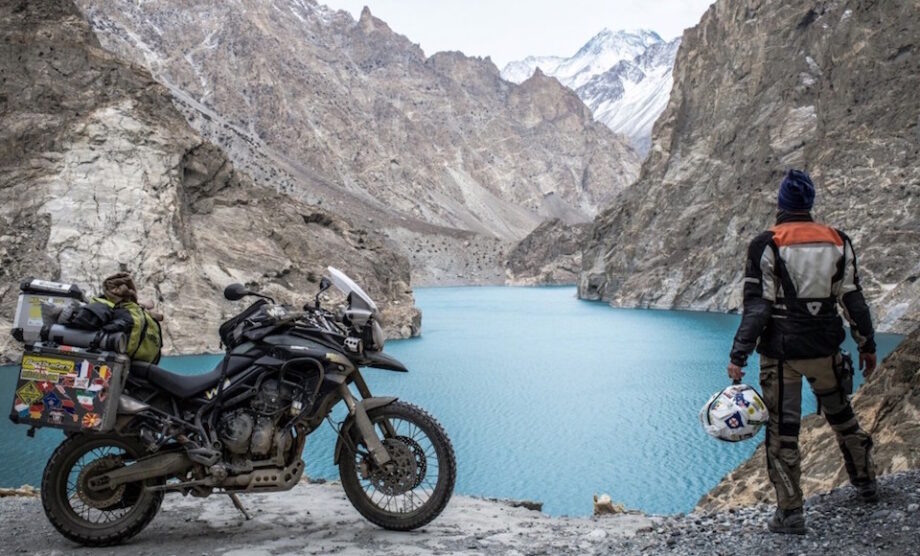 1/10
1/10
Bull Race
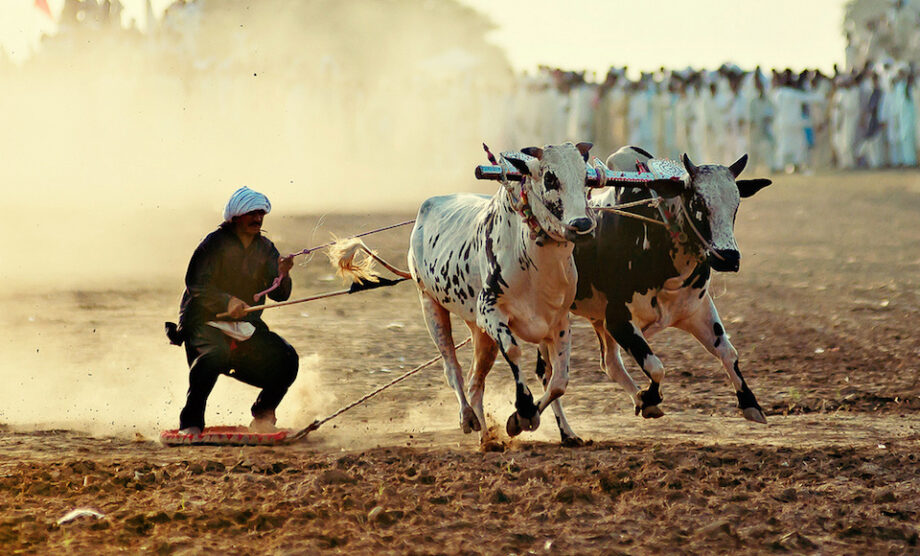 2/10
2/10
Badshahi Mosque, Lahore
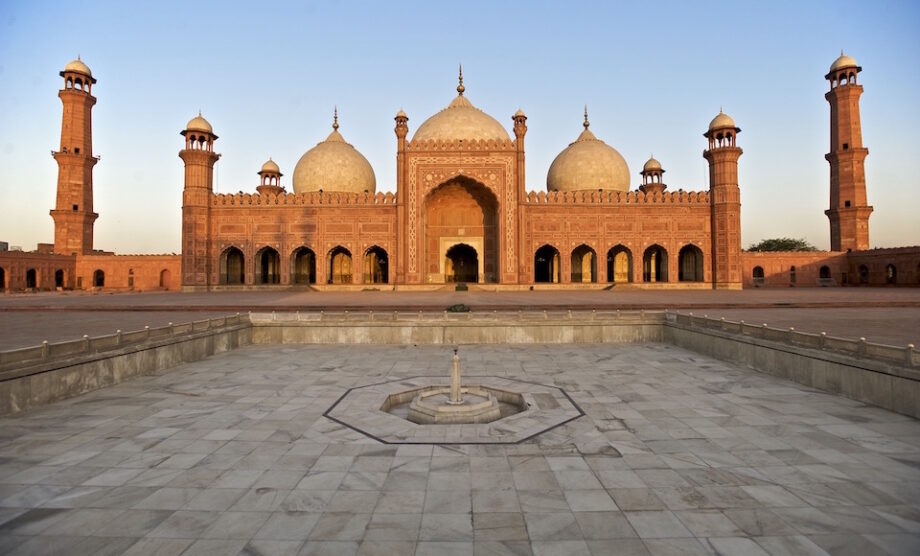 3/10
3/10
Hingol National Park
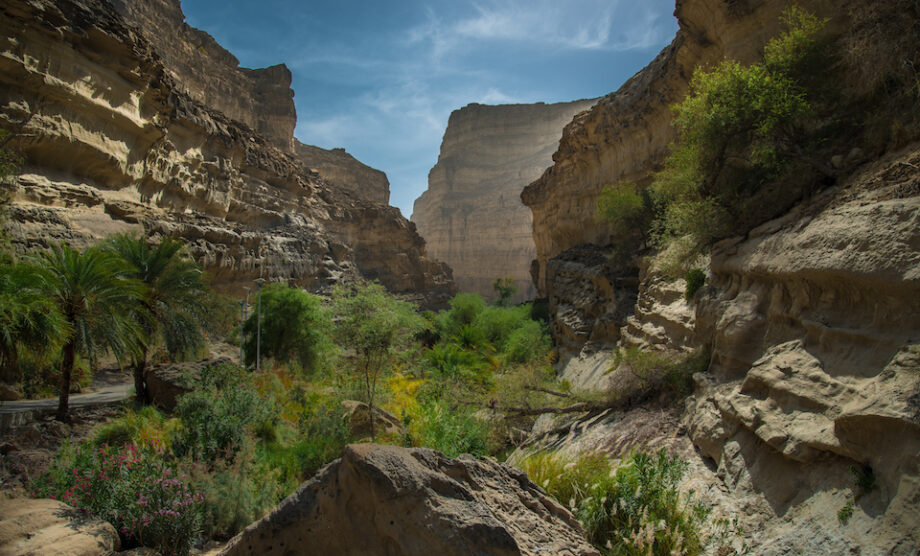 4/10
4/10
Takht-i-Bahi
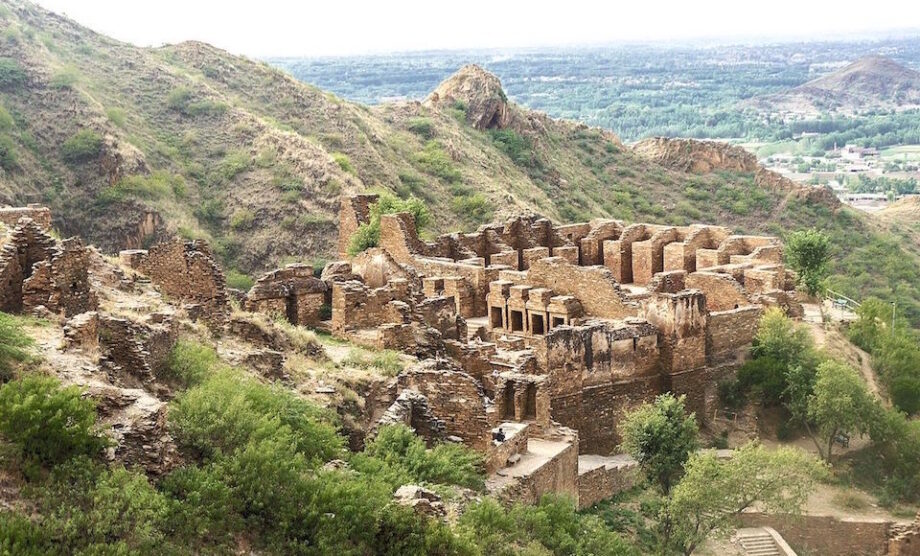 5/10
5/10
Wazir Khan Mosque, Lahore
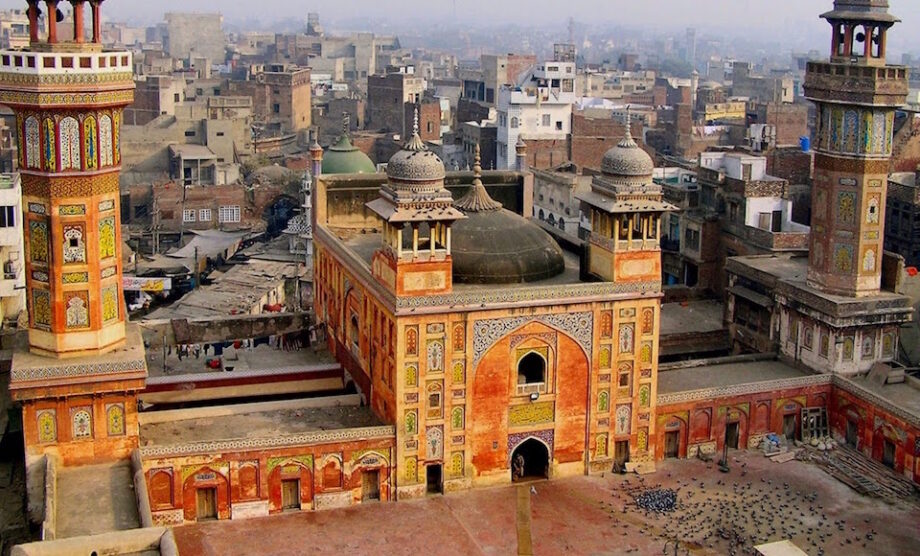 6/10
6/10
Phandar Valley
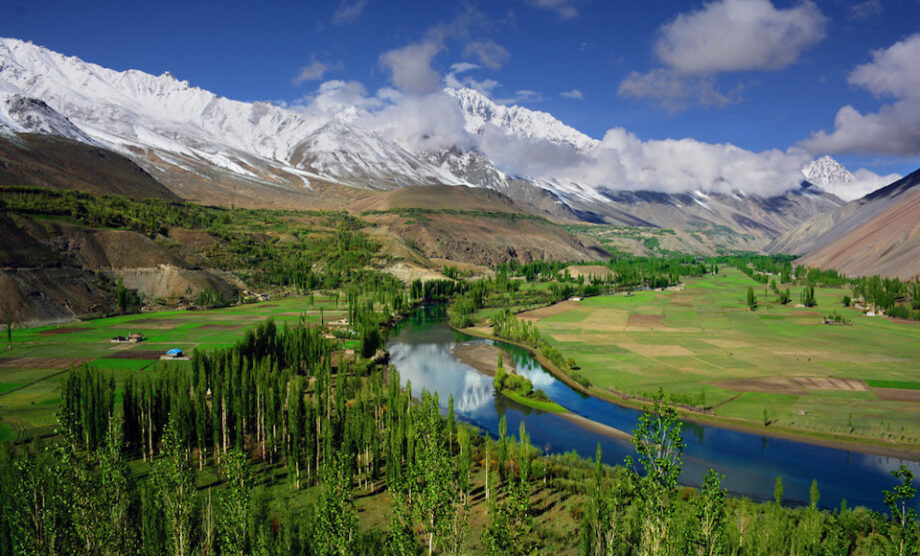 7/10
7/10
Baltit Fort
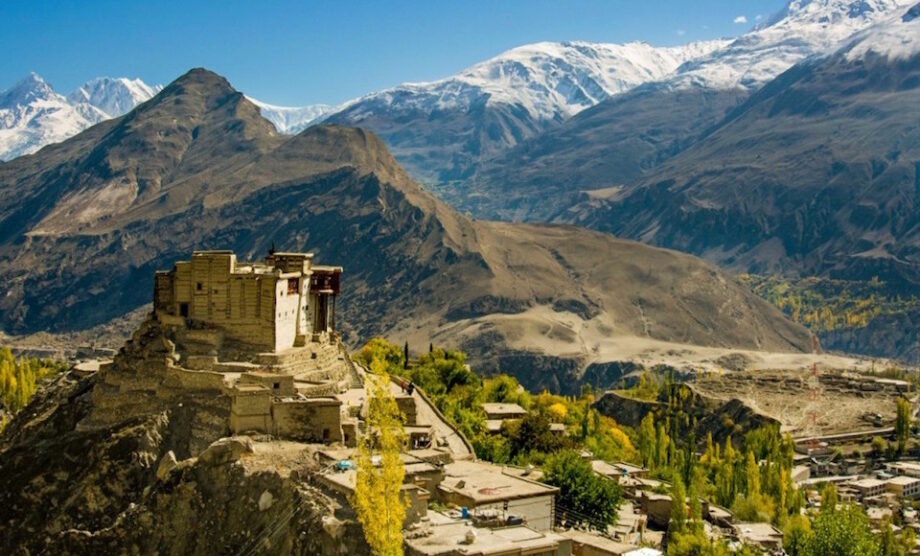 8/10
8/10
Faisal Mosque, Islamabad
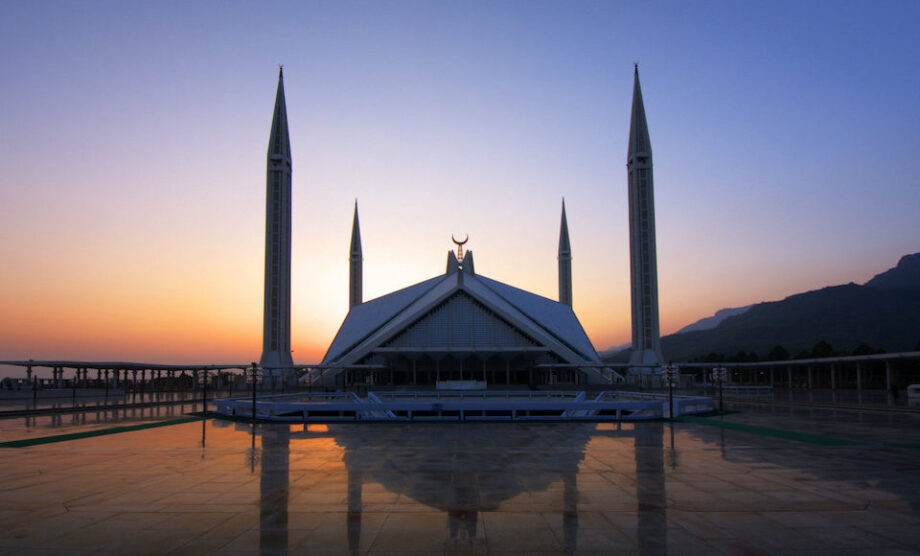 9/10
9/10
Ghizer Valley
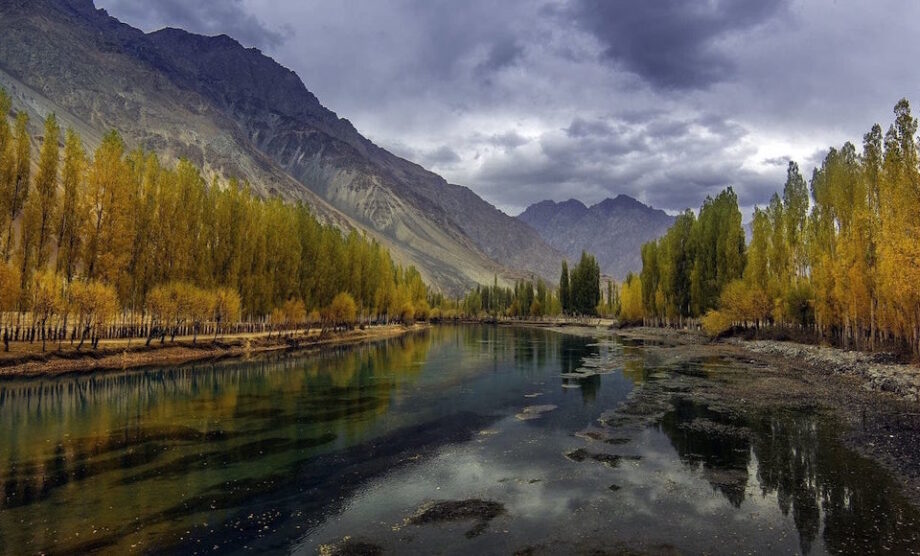 10/10
10/10
